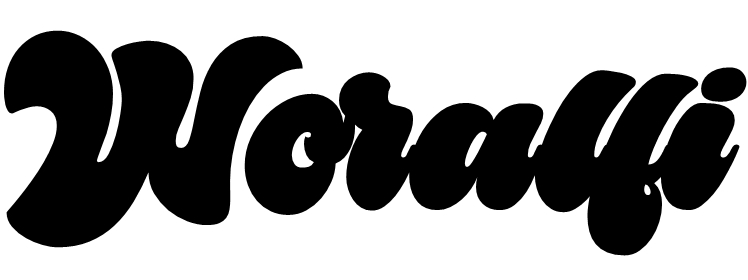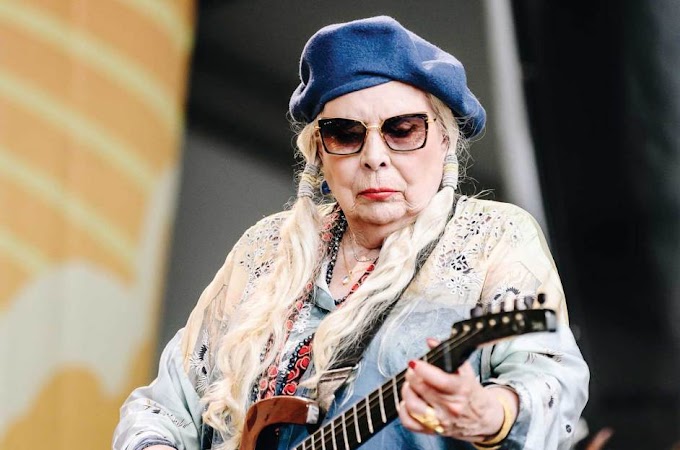British consumers are bracing for potential price hikes on their beloved red wines next year, with some bottles expected to surge by over 40p. This follows the government's decision to proceed with intricate post-Brexit tax adjustments, despite appeals from the wine industry to reconsider.
John Colley, the CEO of Majestic Wine, criticized the forthcoming alcohol duty system set to roll out in February 2025. He highlighted the complexity of the new scheme, which will expand the tax bands for wine from one to 30, posing significant financial burdens on businesses for compliance.
Similarly, Steve Finlan, CEO of the Wine Society, denounced the plan as "ludicrous, expensive, and likely unworkable."
The post-Brexit revamp of alcohol taxation, which shifts towards taxing drinks based on alcohol by volume (ABV) rather than alcohol type, was formally introduced last August under the tenure of Chancellor Rishi Sunak. This system entails a 2p increase in duty for every 0.1% rise in alcohol strength.
Acknowledging the administrative challenges posed to businesses, the government instituted an 18-month "easement" period. During this phase, all wines ranging from 11.5% to 14.5% ABV would be taxed at £2.67, corresponding to the 12.5% ABV duty rate.
Despite industry lobbying for a permanent extension of the easement rules, Gareth Davies, the exchequer secretary to the Treasury, confirmed the government's intention to proceed with the changes.
This decision has sparked concerns among businesses like Majestic Wine, which operates over 200 stores nationwide. They anticipate escalated prices and substantial administrative burdens for sellers.
Colley criticized the minister's purported simplification claims, asserting that the pre-Brexit system was far easier to manage.
Analysis by the Wine and Spirits Trade Association (WSTA) predicts that the cessation of easement will lead to price increases for approximately 43% of wines. For instance, the duty on a bottle with 14.5% ABV, the highest rate under the new rules, could surge by up to 42p to £3.09.
Given their typically higher alcohol content, red wines are expected to bear the brunt, with prices of 75% of them projected to rise from February onwards.
The implementation of these changes will entail substantial administrative expenses for businesses, necessitating the calculation of taxes for each wine variant. Even small retailers could face significant workloads, managing hundreds of different wines.
Hal Wilson, co-founder of Cambridge Wine Merchants, highlighted the implications for his business, estimating that nearly 90% of bottles purchased would require alcohol content verification. This surge in workload, he argued, would be unsustainable.
Finlan echoed similar concerns for the Wine Society, citing the changes as nearly unfeasible and likely to result in consumer price hikes.
During a Westminster Hall debate initiated by former health minister Will Quince, certain Brexit-supporting MPs, including Priti Patel and Julian Sturdy, sided with the industry's plea for maintaining the status quo.
These developments unfold against the backdrop of a 20% excise duty increase on 85% of wines last year, marking the steepest rise in five decades.
Miles Beale, CEO of the WSTA, emphasized the importance of streamlining processes, urging the government to retain the existing, simplified tax procedures to avert costly missteps.
In response, a Treasury spokesperson highlighted the extensive consultation with the wine industry during the reform process and emphasized previous freezes on alcohol duty rates.
Additionally, the changes will eliminate the sparkling wine premium, aligning duty rates with still wines of equivalent ABV. Conversely, duty on lower-strength beverages like beer has been reduced.












0 Comments